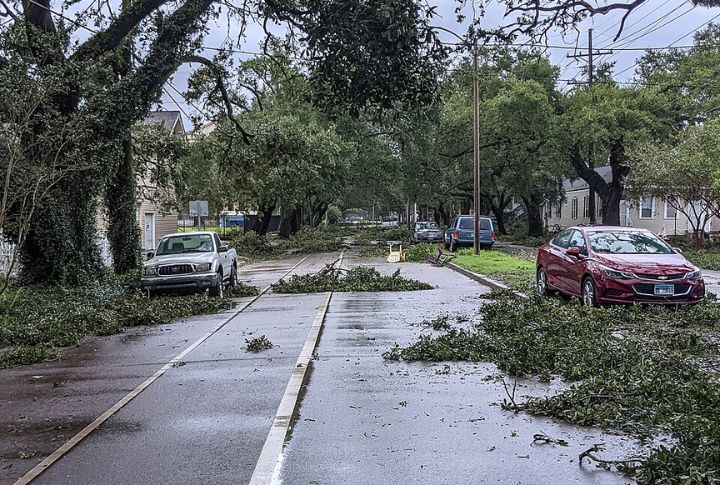
The storm doesn’t end when the winds die down. Over the years, some hurricanes have hit harder than others. Each one brought unique challenges, but all left something behind that couldn’t be ignored. Let’s cover 10 hurricanes that hit the United States with full force and left a legacy of resilience and recovery.
Hurricane Katrina (2005)
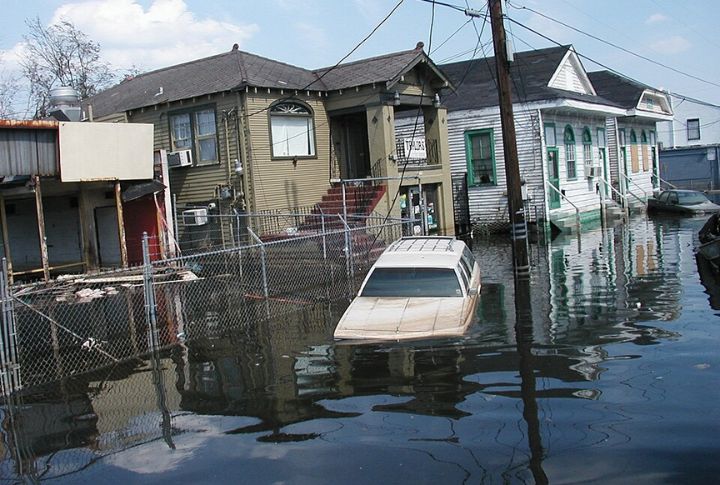
One of the most jarring moments in modern American history started with broken levees, not roaring winds. Katrina flooded New Orleans and exposed systemic cracks. Roughly 80% of the city went underwater. Over a million people were forced to leave.
Galveston Hurricane (1900)
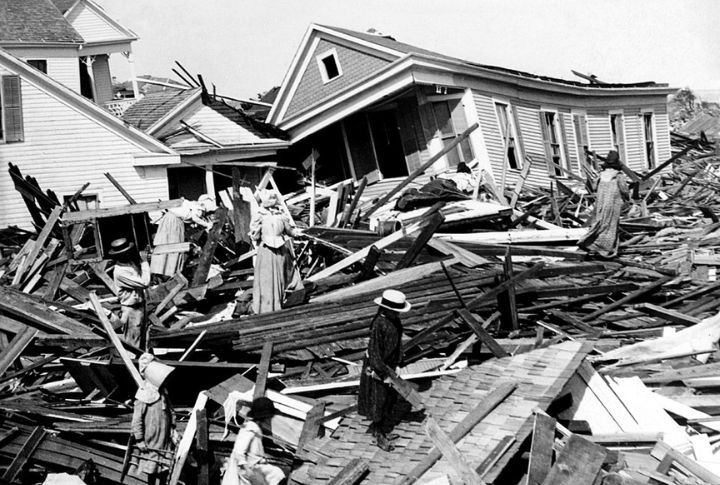
The deadliest hurricane ever to strike the U.S. hit Galveston when there was no real warning system. Winds tore through the island to destroy around 7,000 structures and kill an estimated 8,000 people. In the storm’s aftermath, the city was literally raised on a manmade hill.
Hurricane Harvey (2017)
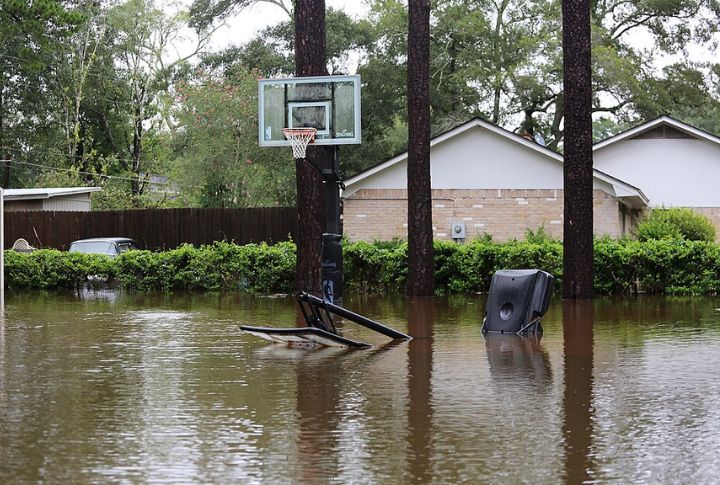
Houston was soaked by over 60 inches in some areas. Entire neighborhoods turned into lakes. More than 200,000 homes were ruined, and the total cost climbed to match Katrina’s. Some towns took a year’s rainfall in just a few days.
Hurricane Maria (2017)
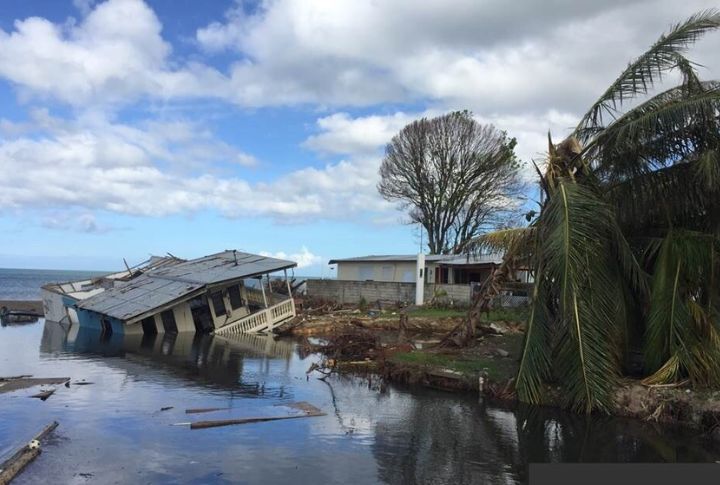
When Maria made landfall, the power grid collapsed, and nearly every corner of Puerto Rico went completely dark. More than 3,000 lives were lost. One night wiped out 80% of its crops. The storm became a painful case study of delayed aid and government neglect.
Hurricane Andrew (1992)
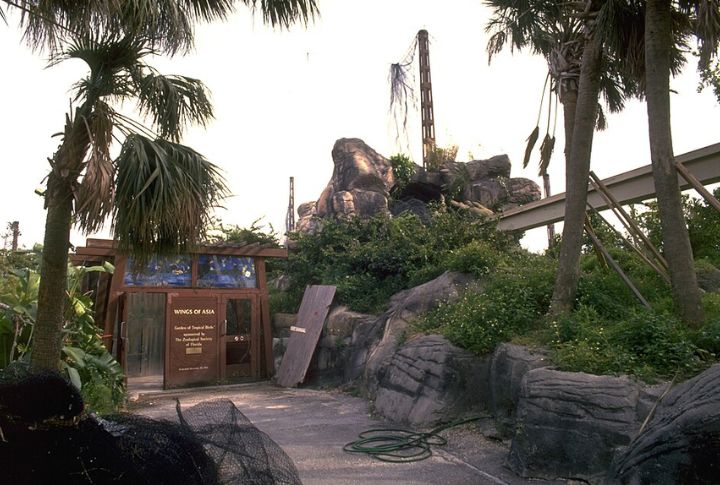
Flamingos huddled in a zoo bathroom while entire neighborhoods vanished. That’s how brutal Andrew was. About 60,000 homes in South Florida were leveled. After the dust settled, Florida rewrote its building codes to change how the state approaches storms for good.
Hurricane Sandy (2012)
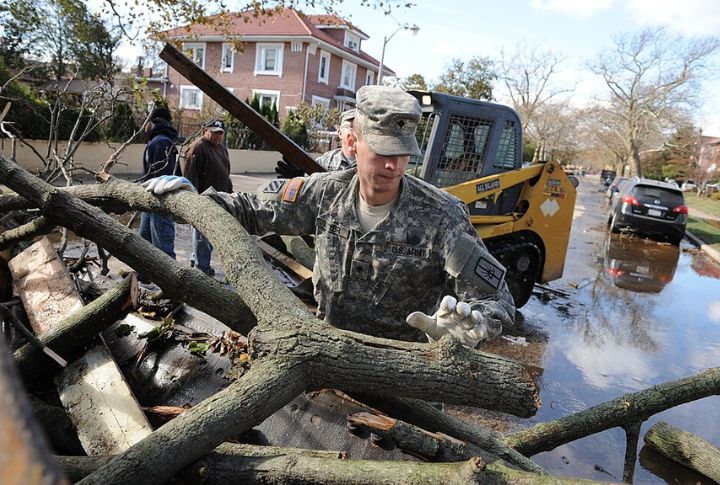
For two full days, the New York Stock Exchange shut down while floodwaters turned Manhattan’s streets into canals. Sandy, affecting 24 states, slammed the Northeast with a Halloween-timed surge. Its surreal nickname, “Frankenstorm,” reflected the bizarre and sprawling chaos it left behind.
Hurricane Camille (1969)
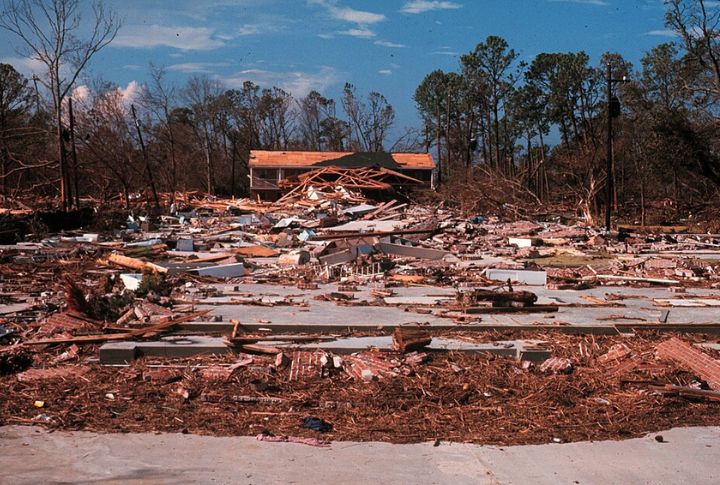
Though Camille’s 190 mph winds made headlines, it was the inland floods in Virginia that shocked the country. More than 100 people died there. In Mississippi, the surge rose 24 feet. One motel’s “hurricane party” turned tragic when the building vanished.
Labor Day Hurricane (1935)
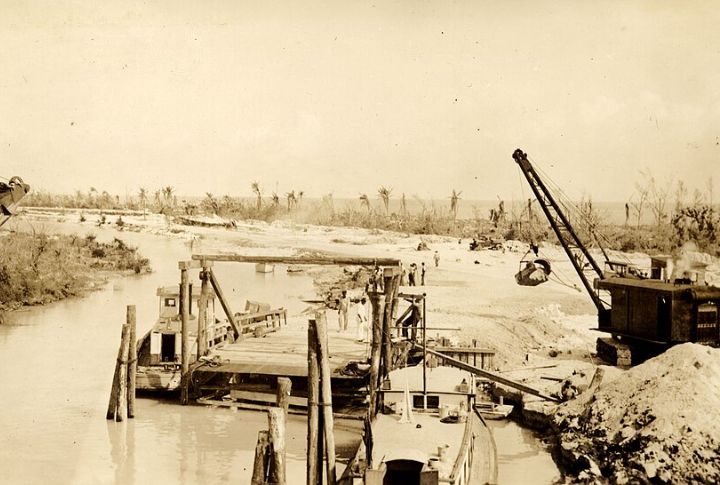
Imagine a train meant to save lives being tossed aside like a toy. That’s what happened in the Florida Keys when this Category 5 hurricane roared ashore. It killed over 400 people, many of them WWI veterans. Its pressure reading of 892 millibars remains unmatched in U.S. hurricane history.
Hurricane Michael (2018)
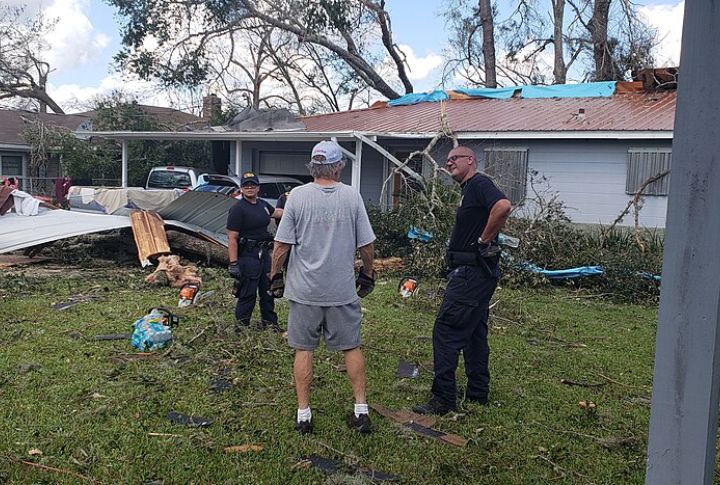
The Florida Panhandle had seen storms before, but never anything like Michael. As the strongest storm to ever hit that region, it flattened Mexico Beach into debris fields. The winds knocked down trees and peeled up pavement. With $25 billion in damage, it forced a reevaluation of storm readiness.
Hurricane Ida (2021)
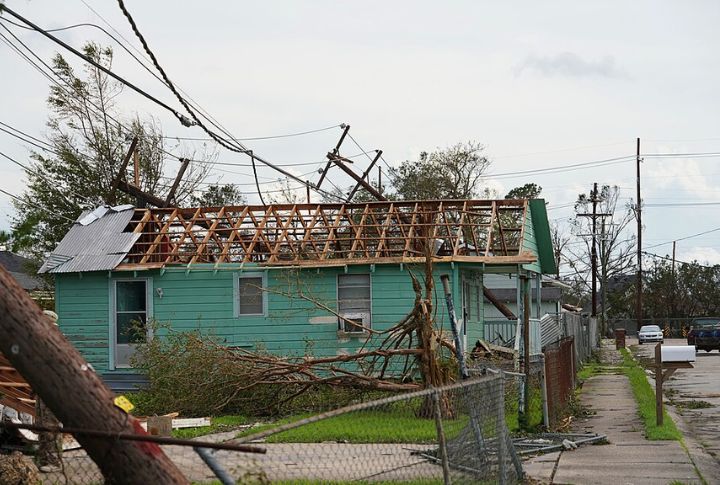
Ida made landfall on the exact date Katrina had, 16 years later. But it didn’t stop at the Gulf Coast. New York City’s subway stations flooded fast and furiously. Damage hit $75 billion. For a brief moment, the Mississippi River’s flow reversed.

